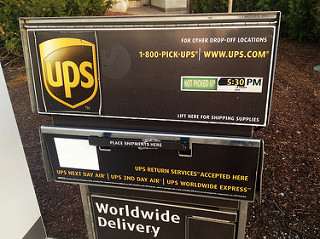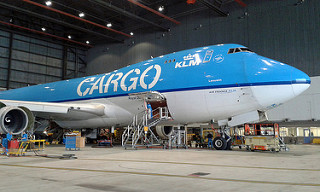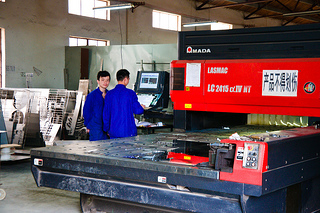How Quality QA Reduces Reverse Logistics & Increases the Bottom Line

Proper quality assurance measures are critical to reduce the return of goods and services to companies. When there’s an abundance of reverse logistics, it affects a number of facets of the organization, including inventory management, warehousing and storage, financials, and even losses and write-offs when you’re dealing with perishable goods.
This article is for Premium Members only. Please login below to read the rest of this article.
Not a Premium Member yet? Become one today.
[login_form redirect=’https://www.procurementbulletin.com/how-quality-qa-reduces-reverse-logistics-increases-the-bottom-line’]
[show_to accesslevel=’Premium Members’]
Thorough QA Helps You Meet Customer Expectations

Reverse logistics are often the result of a mismatch between client or customer expectations and what is actually received. Customers—even end consumers—have expectations based on their experiences through the sales funnel. When those expectations aren’t met, satisfaction drops.
This can be remedied through more accurate advertising and marketing strategies which create more realistic expectations in the customer’s mind. But that won’t help you sell more products. Quality assurance measures, on the other hand, enable you to both meet expectations and drive repeat business. Reverse logistics has an impact on word-of-mouth marketing, also—and the ability to cause serious devastation to your company’s reputation.
Third-Party QA Improves Transparency and Builds Trust
Third-party quality assurance isn’t always practical or even possible. When it is, however, the objectivity offered through third-party QA can be a powerful tool enhancing consumer trust. It also ensures that your products and services meet or exceed industry standards and regulations. In some cases, third-party QA is a requirement in heavily regulated industries.
Outsourcing the QA process also serves its own purpose in reducing costs. Mundane tasks can often be passed on to third-party entities specializing in a specific area of quality analysis, alleviating the company’s own resources from performing repetitive testing which can have biased results.
Thorough Performance Standards Reduce Defective Units

If you’re in an industry dealing with functional parts, such as electric motors, performance is a critical component of QA. In these industries, adequate return policies must be offered for consumer confidence. When you’re offering a 10-year warranty on a product, the product should ideally last through its warranty to avoid dramatic losses from reverse logistics.
Moving and functional parts found to have major safety defects can lead to recalls from the Consumer Product Safety Commission (CPSC). Even if the hazard is detected before any serious harm is caused, the process of issuing recall remedies to consumers is a lengthy and costly one.
In these cases, products should undergo continuous and thorough QA to evaluate durability over time. The QA process often leads to discoveries of better methods and processes, which can reduce resource investment as well as drive down reverse logistics.
Ongoing QA is Critical for Customer-Facing Service Providers

The rise of the social web has had an unexpected consequence—consumers are turning to social media to voice their discontent with service providers, sharing the news with thousands of people instead of a single friend. That’s why client-facing departments must undergo rigorous and continuous QA to set the foundation for solid customer experiences.
There are so many reasons a quality assurance program is important. But above all, quality is the primary driving force behind reverse logistics. [/show_to]







